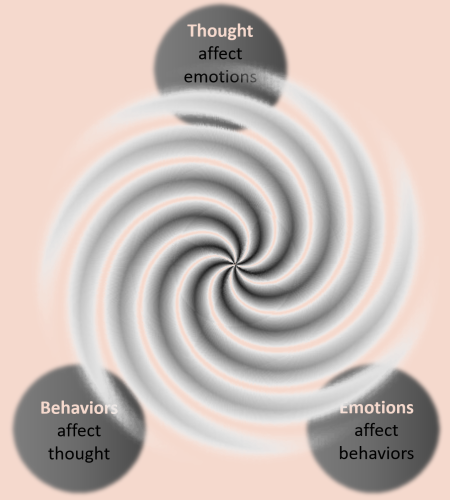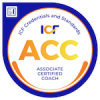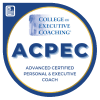The Nature of Coaching
Coaching is unlocking people’s potential to maximize their own performance by helping them to learn rather than teaching.
It occurs when a client is empowered to see new options for becoming a more effective human being.
“A coach refers to a person who works with emerging human and organizational forces to tap new energy and purpose, to shape new vision and plans, and to generate desired results. A coach is someone trained and devoted to guiding others into increased competence, commitment, and confidence.” (Hudson,1999 p.6)
The aim of executive and life coaching is sustained cognitive, emotional, and behavioral changes that facilitate goal attainment and performance enhancement either in one’s work or in one’s personal life (Douglas & McCauley 1999).





